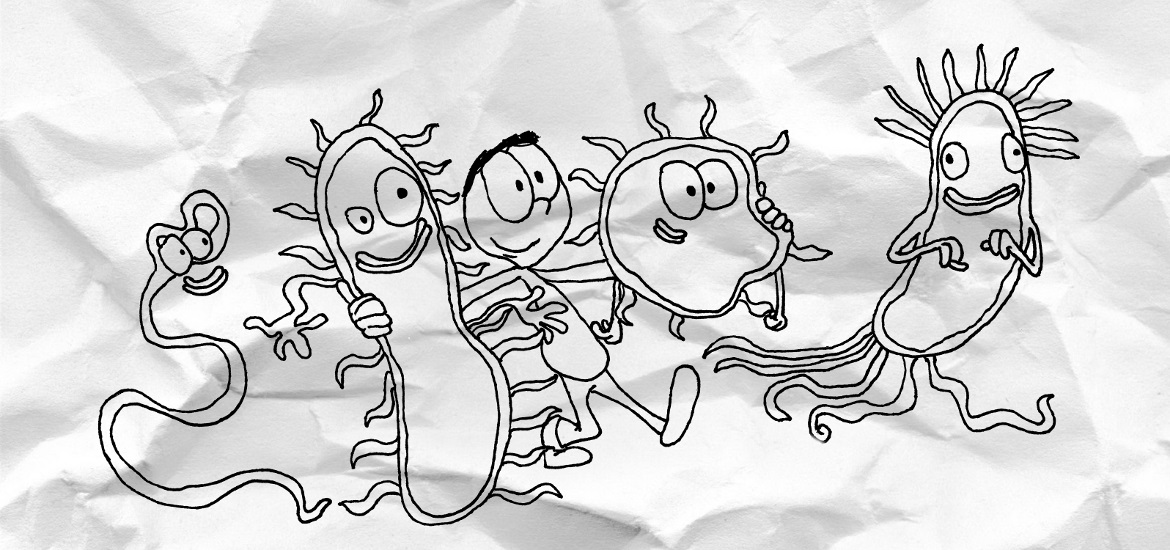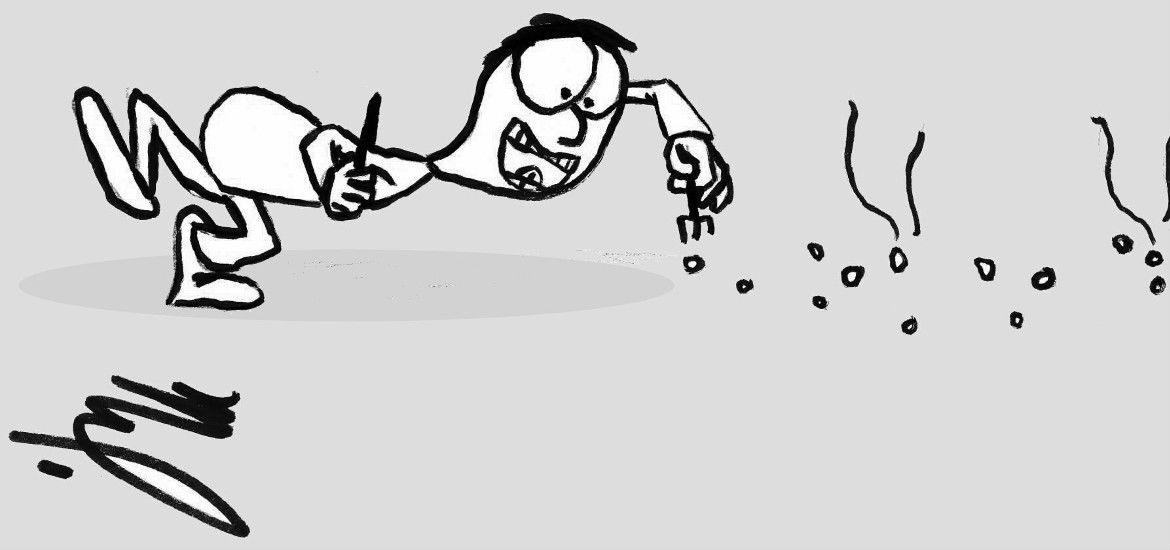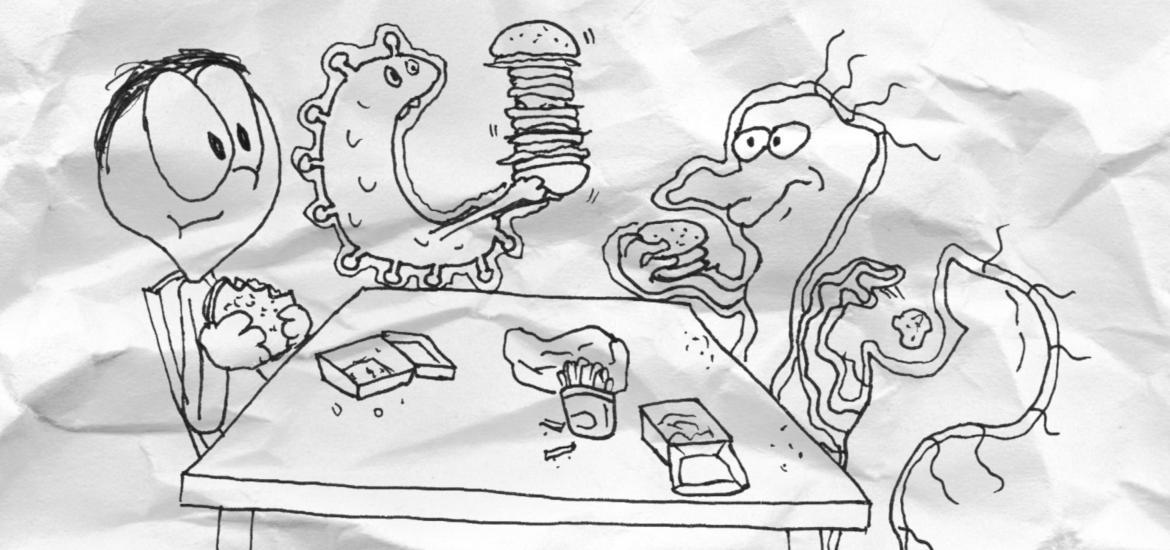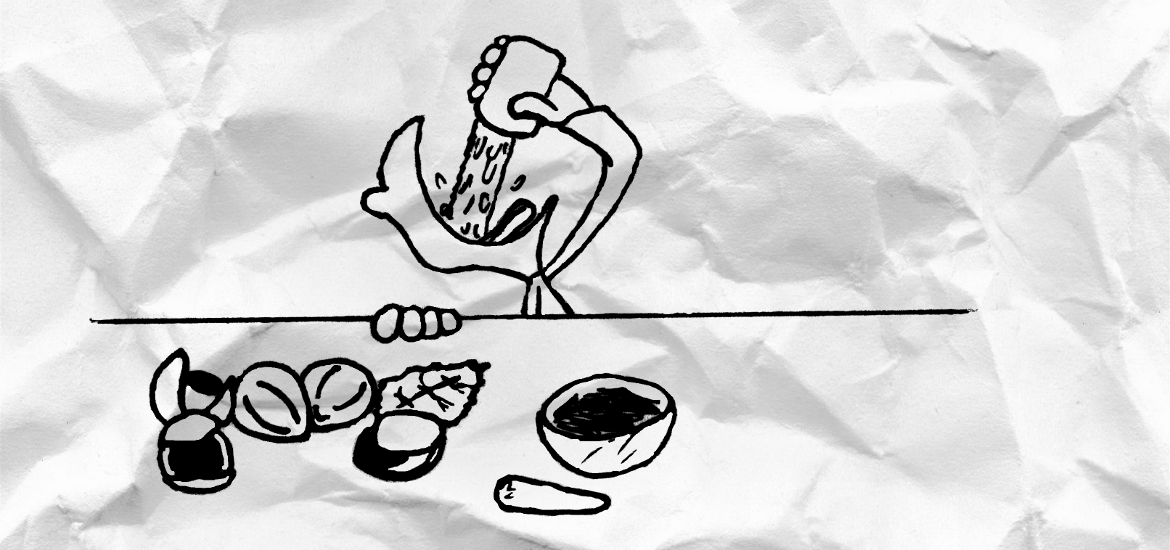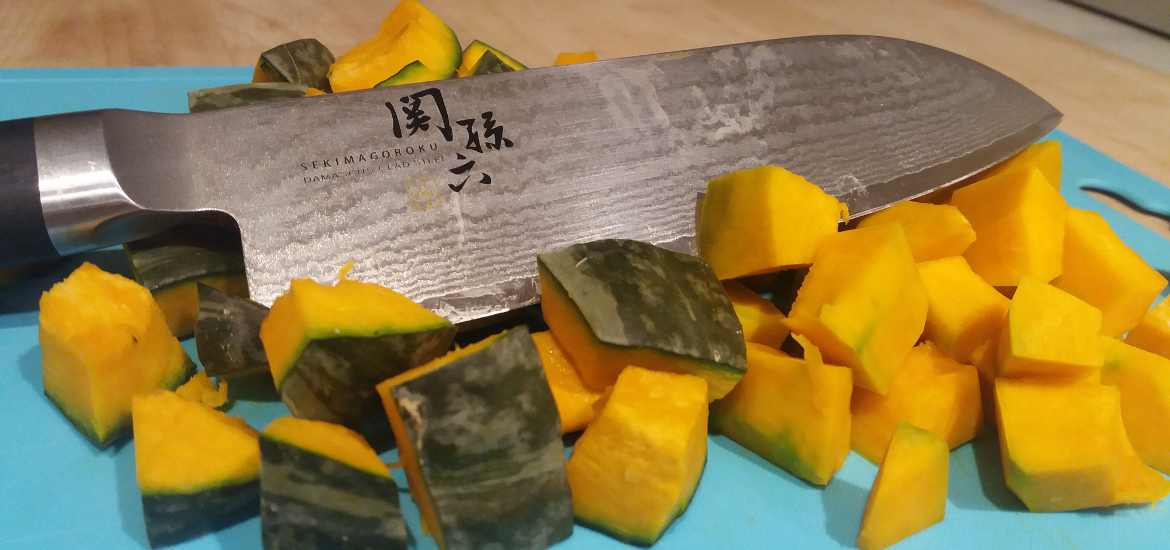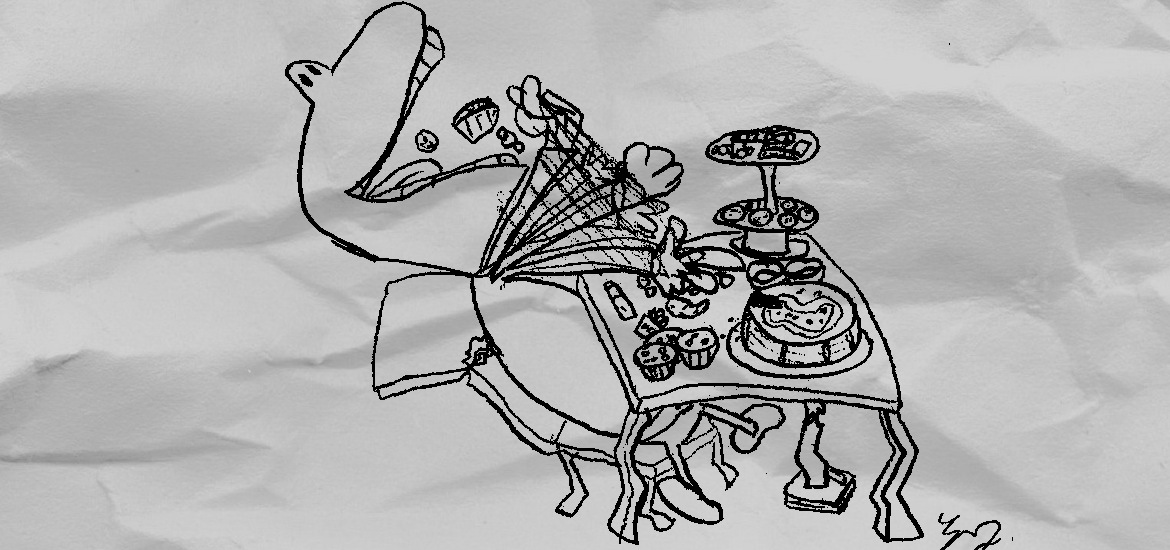OVERVIEW
Inflammation, especially chronic, is not a good thing. And there are a lot of ways to prevent it. Drugs, especially nonsteroidal antiinflammatory drugs (NSAIDs) are the most common opinion. They are an excellent choice for short to mid range therapy. But to take them regularly carries certain risks of unwanted side effects. So the question naturally presents itself: is there something that I can consume regularly and offers similar actions as NSAIDs, but with less side effects? Food is a thing that we consume everyday with (usually) no side effects. Seems like an ideal thing. And some NSAIDs are based on naturally occurring molecules – e.g. aspirin is based on willow bark. So it stands to reason that some types of food should have mild antiinflammatory action. Besides eating willow bark, what else it makes sense to consume?
Not surprisingly, the internet is full of guides and suggestions like this. But, although some of the information is perfectly sound, this is not what I am looking for. Mostly all of them describe antioxidants, which are not antiinflammatory agents like the one from willow bark. While they do reduce the damage from inflammation, they do not prevent the inflammation in the first place. It’s the difference between putting out the fire or preventing the fire from starting. So antioxidants are not a thing I am interested in. And, as you might have guessed, antiinflammatory agents are much more powerful and therefore also dangerous. It is easy to recommend antioxidants, since they cannot cause much harm if used improperly. With antiinflammatory agents its different – they have to be used with care. So, to complete the circle of thought: while it is not recommended to use antiinflammatory drugs for a long time, it might be less harmful to use antiinflammatory foodstuffs for a long time. And it might provide more benefit than other inflammation treatments like antioxidants. So my goal is to identify food with antiinflammatory action, which can be consumed regularly and and much stronger effect than antioxidants.
A more targeted search unearthed some scientific articles about that. There are indeed some compounds which act in the same way as NSAIDs.
Oleocanthal

The first one is oleocanthal. It actually acts in the same way as NSAID drugs. That is great news, and exactly the thing I was looking for. But we have to keep in mind that its activity is low and you should drink unreasonable quantities to get the same effect as NSAID drugs. We are talking about 0.5 kg (more than 0.5 liters!) of olive oil being equivalent to one pill of ibuprofen. But we never actually aimed to mimic the drugs. They could have undesired effects if taken for longer periods. On the other hand, no one knows how low concentrations of antiinflammatory agents act if taken regularly over longer time. And this is exactly the point of this article. My guess is that low quantities can have a positive effect on your health. Especially if you combine several different sources and can thus plan perfect meals.
Luteolin
Next is Luteolin. Although not so thoroughly researched, it is still very probable that it has the same mechanism and properties as NSAID drugs. Definitely good enough for us to consider it. Another of its benefits is its presence in many foodstuffs like celery, broccoli, green peppers and so on. Since luteolin is less well researched, we must make more assumptions. First, we must estimate its anti-inflammatory activity. There is no direct data comparing it to NSAID drugs. There is also no direct comparison to oleocanthal, but we can compare articles that evaluate both in a similar manner. a This and this article compare both substances in terms of NO production in stressed cells. It’s a relatively rough estimation, but it does set a certain correlation, which is enough for me. It appears that luteolin is twice as effective in NO supressin than oleocanthal, which is a relatively probable number. Is shows that both have roughly the same activity, which is plausible and more than accurate compared to other assumptions.
Next, we must estimate how much of luteolin gets into the body after you eat it. Luteoin is absorbed after we eat it, but to what extent it’s unclear. Assuming a reasonable amount (e.g. 50%) is absorbed, the only question remaining is how much vegetables should we eat.
This is the hardest question to answer. The reports of the luteolin are not abundant and differ widely about the content. The variation in content is not surprising given that we are dealing with plant materials, which can vary depending on time and location of plant growth. We can therefore try to estimate the probable ranges in certain plants, which should be enough for a general guideline. In this article, luteolin could be detected in broccoli (75 mg/kg dry weight), green chili (33 mg/kg), bird chili (1035 mg/kg), onion leaves (391 mg/kg), carrot (385 mg/kg) and celery (81 mg/kg). This article has the most data from a range of vegetables. Luteolin was found in concentration up to 170 mg/kg of fresh weight. From the most common vegetables red lettuce (57 mg/kg), radish (179 mg/kg), apples (around 140 mg/kg), pineapple and watermelon (70mg/kg) stand out. Celery had around 20 mg/kg of luteolin. Here celery contained from undetectable amounts to 40 mg of luteolin per kilogram of fresh weight. Lastly, here in average, luteolin content of green pepper samples was 46 mg/kg fresh weight. An overall estimation would be that fruits or vegetables that contain a lot of luteolin the concentration is around 50-100 mg/kg of fresh weight. Comparing this to oleocanthal (found in concentrations up to 200 mg/kg), we can conclude that roughly the same quantities of food are needed, to get the same effect. But looking more broadly, it is much easier to eat half a kilo of watermelon than drink half a litre of olive oil. Anyways, eating a lot of fruits and vegetables seems like a good option to get your daily dose of anti-inflammatory substances.
Conclusion
There are certainly many more natural substances with anti- inflammatory activity. But unfortunately they are poorly researched. Even with luteolin wa had to make several speculations. Therefore, I will keep a lookout and add anything new, when there is enough data. Till then, the old wisdom of an apple a day keeps the doctor away and Mediterranean diet based on olive oil and vegetables are things to remember when planning your meal.


